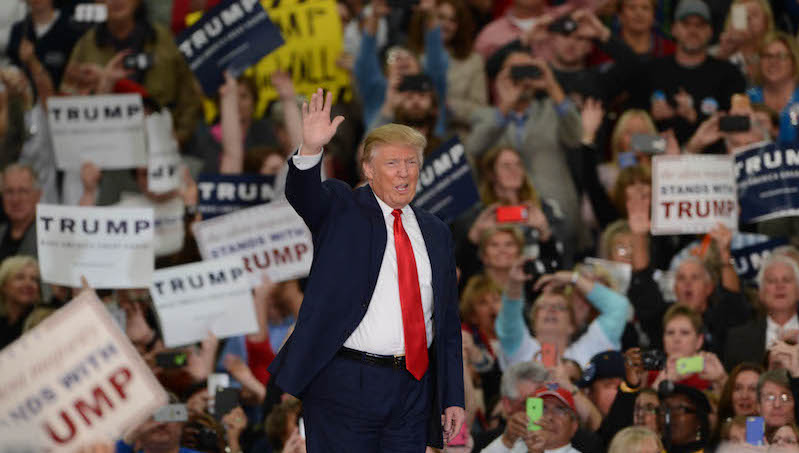October 31, 2018
The Constitution is regarded and was declared in its creation, as the “Supreme law of the land” in the United States of America. Even of the most self-proclaimed patriots come to question its written wisdom. Article two of the Constitution gives the president the broad power and discretion to decide how and what they find to be the most effective method to enforce the law and defend the Constitution. One of the ways the President can do this is through an executive order, an order by the president that becomes law right after being signed.
President Trump has issued some of the most controversial executive orders such as the 90-day ban that stopped people from seven Muslim-majority countries including Iraq, Iran, Syria, Yemen, Libya, Sudan, and Somalia from entering the U.S. and reduced the number of refugees the country would accept for the 2017 year, among other things. He has recently pitched the idea of an executive order that would end birthright citizenship in the U.S. with the claim that “we’re the only country in the world where a person comes in and has a baby, and the baby is essentially a citizen of the United States for 85 years, with all of those benefits.” Speaker of the House, Paul Ryan, among others has expressed his disagreement with the President. He believes that the President doesn’t have the right to go through with such a proposal and according to him, many other conservatives also disagree with the notion of changing immigration laws, specifically this one, with executive orders instead of going through the process in Congress.
The only real challenge to an executive order is the judicial branch, which determines its constitutionality through judicial review, since congress has no say in it passing as a law. This exact executive order would be bumping heads with the courts almost immediately after leaving the Oval Office with the serious argument that it directly disagrees with the 14th amendment of the United States Constitution which guarantees citizenship to any person born within the United States. In other words, a baby born in this country, to parents without citizenship, would be denied citizenship rights. Because of Ex Post Facto Law, a law that does not allow new legislature to affect acts committed before it became illegal, people who already have birthright citizenship would retain it. This Executive order, though impossible to sustain against the constitution, would only affect babies born after its signing.
If President Trump did resort to sign this type of executive order, it would surely be shot down by the courts in the well-thought-out process created by the Framers of the United Sates Constitution, the Supreme Law of the Land.







